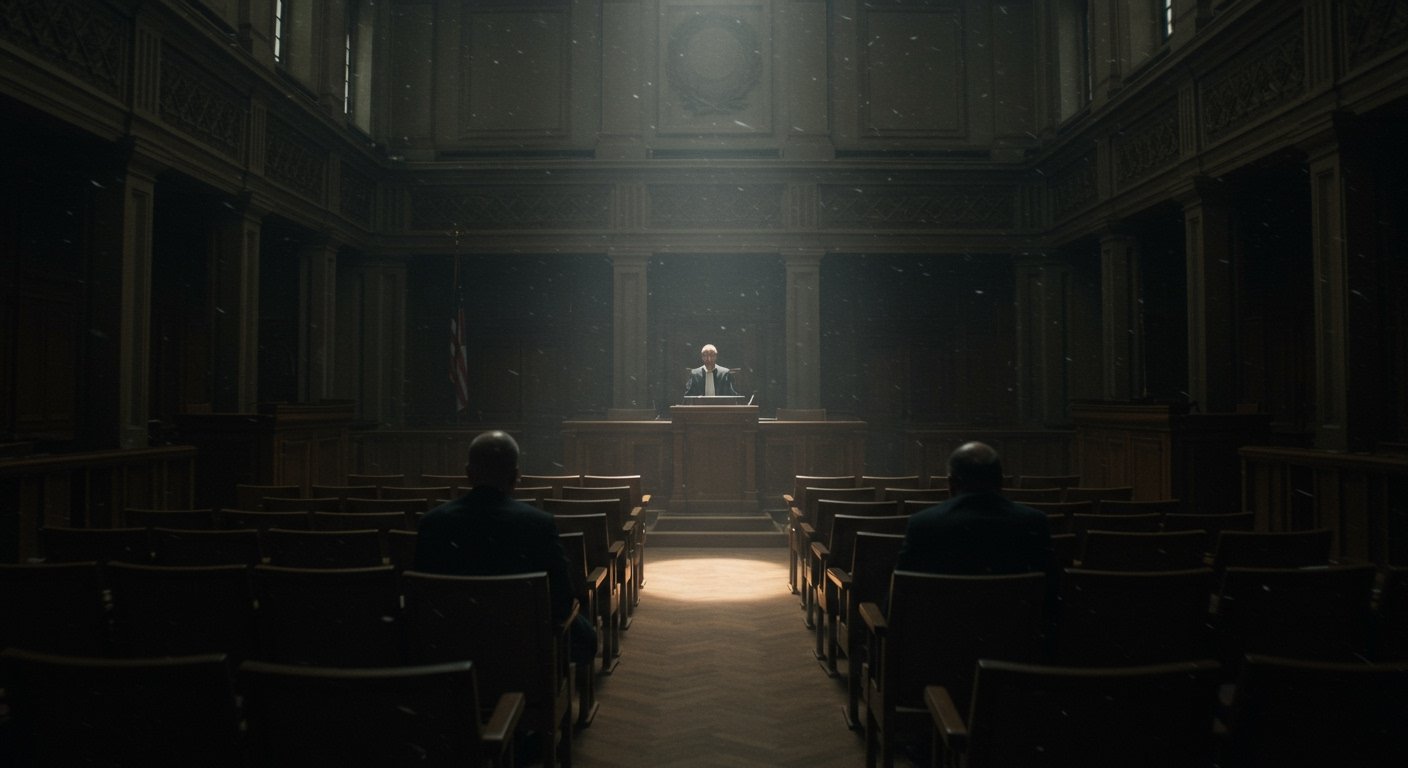Washington D.C. — On February 6, 2025, United States President Donald Trump issued a significant executive order authorizing wide-ranging sanctions against officials of the International Criminal Court (ICC) and individuals deemed to be supporting its activities. The move, quickly condemned by human rights advocates, marks a direct challenge to the global body responsible for prosecuting individuals for genocide, war crimes, crimes against humanity, and the crime of aggression.
The executive order permits asset freezes and entry bans into the United States for targeted individuals. According to Human Rights Watch, this action poses a serious threat to international accountability mechanisms for severe crimes and is expected to have a negative impact on victims globally who seek justice through the ICC.
Details of the Executive Order
The full annex to the executive order, detailing specific targets, was published on February 10, 2025. It named Karim Khan, the Prosecutor of the ICC, as the very first person sanctioned under the newly authorized measures. This designation signals the administration’s strong opposition to the court’s ongoing work.
The order broadly permits sanctions against non-US individuals found to be aiding investigations or prosecutions opposed by the US administration. Furthermore, the order stipulates that US persons could face penalties for violations related to the sanctions, underscoring the administration’s intent to enforce these restrictions rigorously.
Context: ICC Investigations and Arrest Warrants
The timing of the executive order comes shortly after significant developments at the ICC. In November 2024, judges at the court issued arrest warrants for key figures in connection with alleged crimes committed in the Gaza Strip since October 8, 2023. These warrants targeted Israeli Prime Minister Benjamin Netanyahu and former Israeli Defense Minister Yoav Gallant concerning allegations including starvation, targeting civilians, murder, and persecution.
Simultaneously, an arrest warrant was also issued for Mohammed Diab Ibrahim al-Masri, widely known as Mohammed Deif, the commander-in-chief of Hamas’ military wing, the Qassam Brigades, in relation to alleged crimes.
Human Rights Watch asserts that the primary intention behind the US executive order is to protect both US and Israeli officials from potentially facing war crimes and crimes against humanity charges before the ICC. This perspective frames the sanctions as a direct response to the court’s recent actions regarding the conflict in Gaza.
Human Rights Watch Condemnation
Human Rights Watch has been unequivocal in its criticism of the sanctions. The organization views these measures not merely as policy implementation but as a deliberate tactic aimed at intimidating ICC personnel and deterring states and individuals from cooperating with the court’s vital work. Such actions, they argue, directly impact the rights of victims worldwide by hindering avenues for justice and accountability.
According to Human Rights Watch, the US administration’s decision contributes to a broader, troubling trend of undermining international justice mechanisms. The organization emphasizes that upholding the principles of international law and ensuring accountability for the most severe crimes is paramount for global stability and protecting human rights.
Critics argue that sanctioning the court’s officials, particularly its chief prosecutor, could cripple its ability to investigate grave atrocities wherever they occur, potentially creating a chilling effect on international legal processes and emboldening perpetrators of mass crimes. The move raises questions about the US commitment to international justice when its perceived national interests or those of its allies are implicated.
The executive order represents a significant escalation in tensions between the United States and the International Criminal Court, highlighting fundamental disagreements over jurisdiction, sovereignty, and the pursuit of international accountability for war crimes and other grave offenses.











